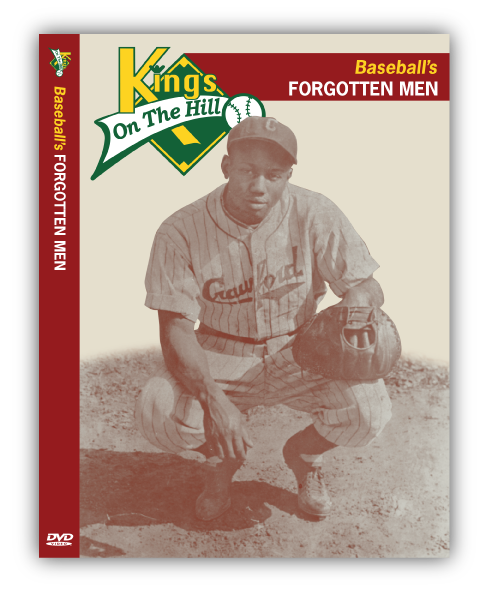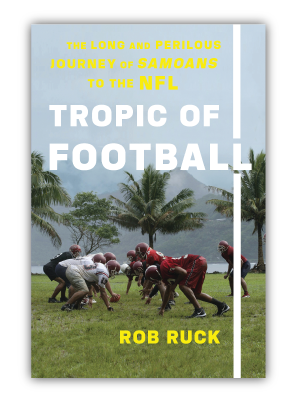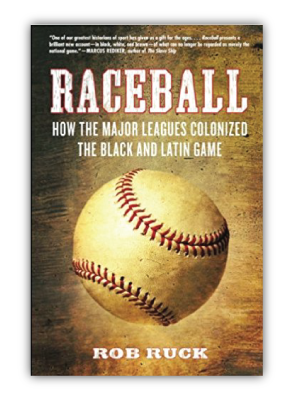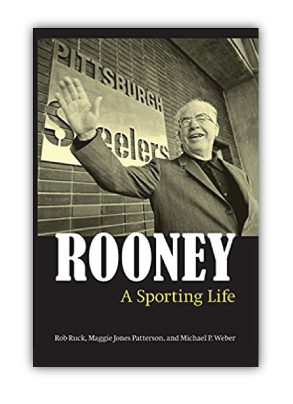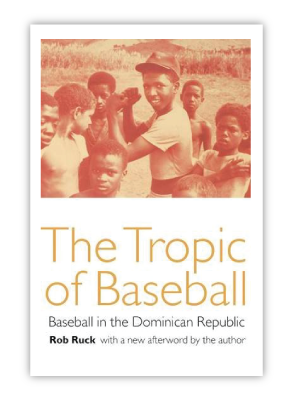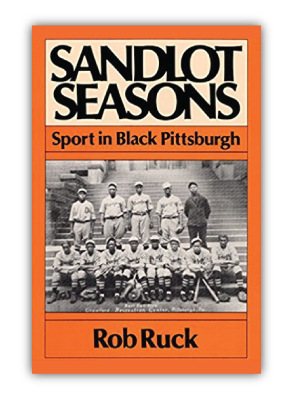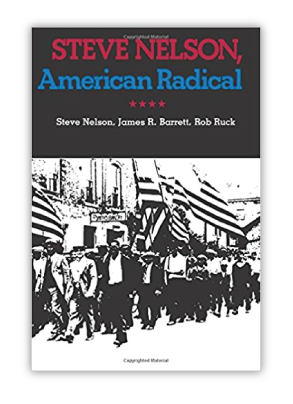After finishing Sandlot Seasons, I approached the Pirates about celebrating the Negro Leagues’ legacy in Pittsburgh. It took a few years for something to come together, but on a September evening in 1988, the Pirates honored the Homestead Grays and the Pittsburgh Crawfords. Surviving members and descendants of the 1948 Homestead Grays, who had won the last Negro League World Series ever played, and the Pittsburgh Crawfords heard Pittsburgh Pirates president Carl Barger praise their contributions society and apologize for Major League Baseball’s discriminatory past. It was the first time that a major league club had done either and that persuaded other clubs to acknowledge the past. As Bart Giamatti told Doron Levin of the New York Times regarding the evening, “We should never lost sight of our history, insofar as it is ugly never to repeat it, and insofar as it is glorious, to cherish it.”
I did a set of baseball cards with the Pirates’ Al Gordon that were given to fans that evening and figured I had done what I could to thank those who had made it possible to write Sandlot Seasons. The following summer, I was on the Hill in Pittsburgh with a Japanese documentary crew interviewing Harold Tinker, Clarence Bruce, and other former players when some kids asked what was going on. When I explained that the crew was asking about Josh Gibson and Cool Papa Bell, they asked who they were. When I said they had played before Jackie Robinson, they asked who Jackie was. If I wanted to convey what the Negro Leagues and sport’s integration meant, a book, a night at the ballpark, even a set of baseball cards would not do it. So I decided to make a documentary to reach a larger audience.
I started in the fall of 1989, after reaching an out of court settlement with Chatham College, where I had taught for the previous six years. After being informed in the fall of 1988 that I would be awarded tenure, I found a letter left on my desk during winter break that the position would be eliminated for unnamed institutional priorities. Chatham was going through a tough financial stretch and was not an especially progressive place. The work I did on the Negro Leagues and the Caribbean, as well as my own radical past troubled some there. The Vice President, in a moment of candor, asked the chair of the history department why I “had to teach the history of the downtrodden.” Realizing that a legal fight was a lose-lose proposition and that I did not want to return to the institution, I took a settlement worked out by my friend Paul Boas and used my ‘sabbatical’ to begin working on the documentary.
Kings on the Hill: Baseball’s Forgotten Men received support from foundations, corporations, individuals, and Major League Baseball, which distributed copies of the documentary to several hundred schools along with created guides it created. The show aired on PBS, NBC, and Armed Forces television during the 1990s.
